Mozambique Prime Minister calls for strong focus on teacher training
Cabo Delgado: Analysts criticise apparent SADC ineffectiveness

"Terrorists" supposedly strike a pose outside police station in Quissanga, Cabo Delgado, March 2020. [File photo: MMO]
Analysts heard by Lusa on Thursday criticised an apparent failure of the Southern African Development Community (SADC) to respond to the violence in Cabo Delegado, six months after the sub-regional organisation committed to supporting Mozambique.
“There was a lot of expectation about a possible support, but from then [May 19] until today, there is no information, that is reality,” said Adriano Nuvunga, director of the non-governmental organisation Centre for Democracy and Development (CDD).
Nuvunga said that although the Acting Chairperson of SADC is the Mozambican head of state, Filipe Nyusi, the Maputo government does not seem to be making proper use of this fact.
SADC support to Cabo Delgado could lead to eventual support from the African Union (AU).
“The AU will not intervene other than through SADC,” he said. “Following the principle of hierarchy, it is SADC that has to intervene, with the support of the AU. SADC has to receive a clear and formal request from Maputo and in turn forward it,” added Nuvunga.
The fact that the Mozambican government classified the violence in Cabo Delgado as international terrorism opens the possibility of requests for support, he concluded.
Edson Cortez, director of the non-governmental organisation Centre for Public Integrity (CIP) also understands that there is no political will on the part of the Mozambican government to make the process of possible SADC support more flexible, and he also criticised the lack of official information on the situation in that northern province.
“Whoever needs help must clearly show they need support and I do not know to what extent the government of Mozambique shows that it is actually in need of help from SADC countries. If it is doing so, it is not showing it, at least publicly” he said.
The director of the CIP said that the main problem for Mozambican government forces in Cabo Delgado is the lack of capacity on the ground and this is the help that the country needs.
“The right diplomacy would be to show that today the problem is Mozambique’s, but if we ignore it, the problem could spread and become a regional issue,” Edson Cortez said.
Mozambican journalist Fernando Lima said Mozambique has asked for help and now it is up to SADC to take a stand, at a time when violence in Cabo Delgado is presenting itself as a regional threat.
“Zimbabwe, for example, has shown willingness to support but has financial problems. If it had SADC support, it would be different,” said Lima.
“Mozambique is in this delicate position of having to wait for a firmer and more concrete position from SADC,” the journalist said, adding that the lack of a position from the organisation once again exposes the organisation’s weaknesses as a regional body.
Six months ago, on 19 May, the troika of the SADC body for Politics, Defence and Security met in Harare, the capital of Zimbabwe, and pledged to support the government of Mozambique in the fight against armed groups in Cabo Delgado, without, however, going into further details about the type of aid or subsequent steps.
The armed violence in Cabo Delgado has been going on for three years and is causing a humanitarian crisis with around 2,000 deaths and 500,000 displaced people, without housing or food, mainly concentrated in the provincial capital, Pemba.


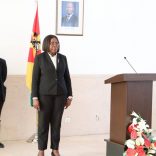
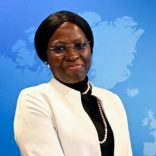
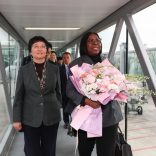
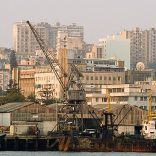
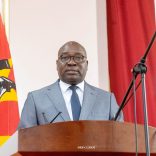
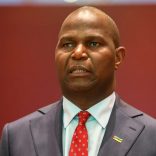




Leave a Reply
Be the First to Comment!
You must be logged in to post a comment.
You must be logged in to post a comment.